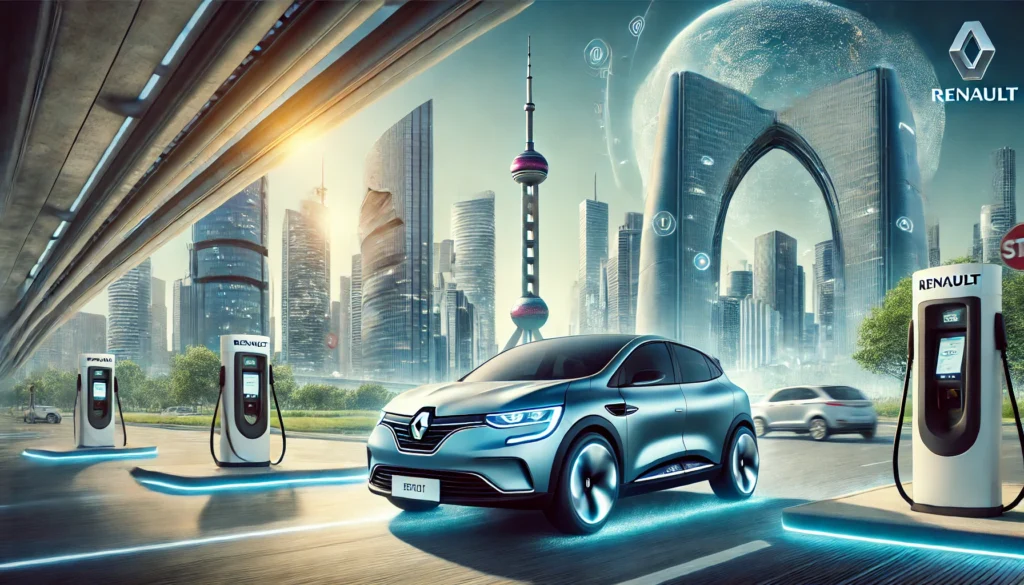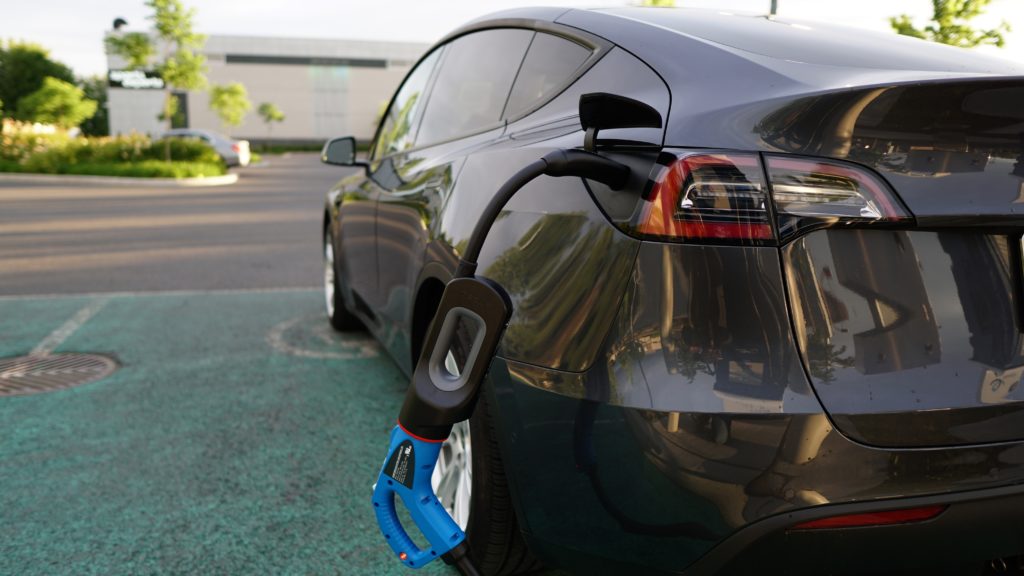For years, the automotive industry has been a chessboard where geopolitical strategies and economic policies collide. With the rising tensions between Canada and the U.S., particularly in the realm of electric vehicles (EVs), it’s time to explore a bold, unconventional response. What if Canada decided to counterbalance the American automotive dominance not with retaliatory tariffs or policy shifts, but by embracing a European alternative—Renault’s electric lineup?
Understanding the Political Landscape
Former U.S. President Donald Trump made no secret of his ‘America First’ policies, and should he return to power, it’s likely that protectionist measures will once again shape the industry. Canada, being deeply intertwined with the American automotive supply chain, often finds itself at the mercy of these policy swings. The recent push for EV manufacturing incentives in the U.S. risks sidelining Canadian contributions, favoring domestic production over cross-border collaboration.
But what if Canada took a different approach? Instead of reacting defensively, it could proactively pivot toward an alternative source of EV technology—one that doesn’t rely on American goodwill. Enter Renault, a European automaker with a well-established electric vehicle presence.
The Renault Advantage
Renault has been a pioneer in the EV space for over a decade, with models like the Zoe, Megane E-Tech, and the affordable Dacia Spring gaining traction across Europe. Unlike American automakers, which often emphasize size, power, and range, Renault’s approach leans toward efficiency, affordability, and urban practicality—qualities that align well with the needs of many Canadian drivers.
Moreover, Renault’s EVs use a different supply chain, reducing reliance on American-made components. This independence could prove crucial if trade tensions escalate. By encouraging Renault to establish a stronger presence in Canada—perhaps even through local assembly—Canada could secure a more diversified automotive sector, shielding itself from U.S. policy shifts.
Would Canadians Accept Renault?
Some might argue that Renault’s absence from North America for decades has made the brand irrelevant to Canadian consumers. However, we’ve seen drastic shifts in consumer preferences before. Just a decade ago, EVs were a niche market; today, they are a central pillar of global automotive strategy.
Additionally, Quebec in particular presents a strong potential market for Renault. The province has a history of embracing French culture and European automotive trends. With its generous EV incentives and widespread charging infrastructure, Quebec could serve as a gateway for Renault’s expansion into North America.
A Strategic Shift in Canada’s Automotive Industry
If Canada were to actively invite Renault to establish manufacturing and distribution operations, the impact could be significant. Not only would this foster competition in the EV sector, but it would also provide Canadian consumers with more options beyond Tesla, GM, and Ford. Furthermore, aligning with Renault could open doors for collaboration with other European automakers, reducing dependence on a single market.
Conclusion: A Bold, Yet Feasible, Move
As the EV landscape evolves, Canada faces a choice: remain tethered to American policies, or forge its own path by welcoming alternative manufacturers. Embracing Renault could provide a strategic hedge against U.S. trade unpredictability, while also fostering innovation and competition. In the end, diversifying Canada’s EV market isn’t just about politics—it’s about giving consumers the best possible options for a sustainable, electrified future.



